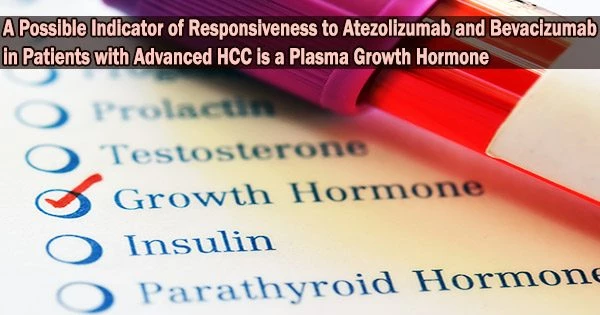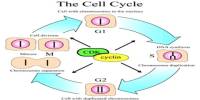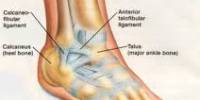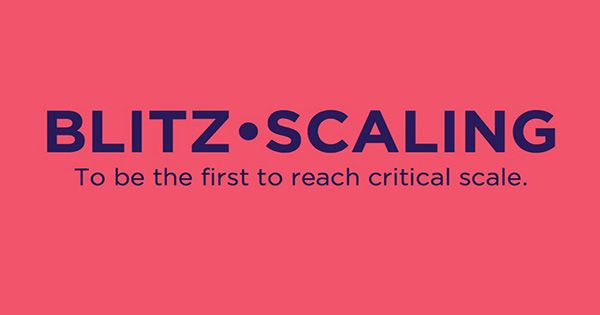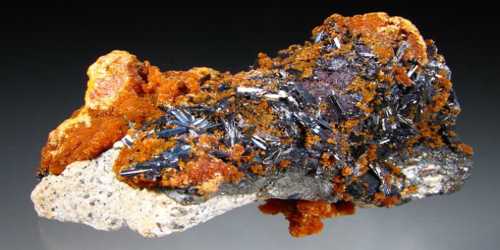Plasma growth hormone is a potential indicator of response to atezolizumab and bevacizumab in patients with advanced hepatocellular carcinoma, according to a recent study that appeared in Oncotarget.
When HCC is diagnosed at an advanced stage, there are few alternatives for systemic therapy. As a result, there is a need for readily available, minimally intrusive biomarkers of response to help with patient selection.
In this new study, researchers from MD Anderson Cancer Center, Massachusetts General Hospital, Harvard Medical School, Michigan State University, University of Pennsylvania, and Perelman School of Medicine investigated the biomarker value of plasma growth hormone (GH) level as a potential biomarker to predict outcome in unresectable HCC patients treated with current standard therapy, atezolizumab plus bevacizumab (Atezo/Bev).
“The present study was designed to investigate the association between GH levels and overall survivals (OS) and progression free survival (PFS) in HCC patients treated with current standard, atezolizumab plus bevacizumab,” the researchers explain.
The study included unresectable HCC patients scheduled to receive Atezo/Bev. Patients were monitored to evaluate overall survival (OS) and progression-free survival (PFS). In order to divide the HCC patients into GH-high and GH-low groups, plasma GH levels were determined by ELISA (the threshold normal GH values in women and males are, respectively ≤3.7 μg/L and ≤0.9 μg/L). The median OS and PFS were calculated using the Kaplan-Meier technique, and the log rank test was performed to compare the survival results between the GH-high and low groups.
Thirty-seven patients were included in this analysis, of whom 31 were males and 6 females, with a median age of 67 years (range: 37-80). At the time of the analysis, the one-year survival rate was 70% (95% CI: 0.51, 0.96) among GH low patients and 33% (95% CI: 0.16, 0.67) among GH high patients.
OS was significantly superior in GH-low compared to GH-high patients (median OS: 18.9 vs. 9.3 months; p = 0.014). PFS showed a non-significant trend in favor of GH-low patients compared to the GH-high group (median PFS: 6.6 vs. 2.9 months; p = 0.053).
“Plasma GH is a biomarker candidate for predicting treatment outcomes in advanced HCC patients treated with Atezo/Bev. This finding should be further validated in larger randomized clinical trials in advanced HCC patients,” the researchers conclude.
